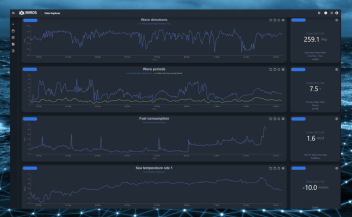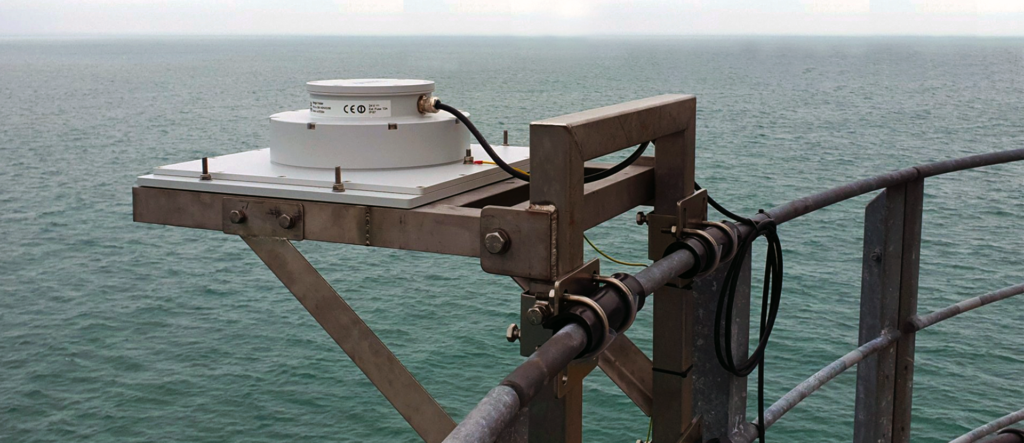Unpredictable Weather Conditions: Eliminating the Waiting Game in Marine Operations
Marine operations are particularly sensitive to environmental challenges such as those posed by unpredictable weather conditions. Undertaking real-time measurements and analysis, as well as forming appropriate risk assessments based on wind and weather data, can help to mitigate the potential challenges of project delays, cost overruns, property damage and safety.




Time is money, as they say. This couldn’t be more true than when facing unpredictable weather conditions during marine operations. In such situations, real-time ocean surface measurement can dispel some of the guesswork normally associated with the “waiting game”.
We’re living in a time when, as Allianz Global Corporate & Specialty report in their annual Safety and Shipping Review, super storms and unstable climate patterns pose ever-greater challenges for companies operating in the maritime sector. There is tremendous scope for unanticipated downtime – and the accompanying loss – due to bad marine conditions.
Where Miros Can Help: Unpredictable Weather Conditions
For marine operations that are particularly sensitive to environmental and weather conditions, such as wind, wave height, wave period and vessel motions, systematic monitoring is essential from end-to-end throughout operations. What’s at stake without this insight?
No surprises here:
Project delays
Cost overruns
Safety
Property damage
Many unpredictable factors conspire when it comes to weather and wave conditions, but undertaking real-time measurements and analysis, and forming appropriate risk assessments based on the related data can help to eliminate or mitigate the aforementioned challenges.
Expanding Marine Operations’ Operational Parameters
The Miros WaveFinder™ (now RangeFinder) shipboard wave monitoring system can deliver the kind of insight that helps eliminate waiting and maximizes efficiencies.
Thanks to better pinpoint-accuracy in real-time wave monitoring, the Alpha factor is increased, allowing for reduced safety margins and a widening of weather windows of as much as 15%. The ultimate outcome is that marine operations can use continuous real-time sea-state monitoring. Operations can continue to work in sea states closer to the maximum limit/wave height set. Modern technology has meanwhile eliminated the need for expensive wave buoys or full-time, on-board meteorologists.

In its latest release, the WaveFinder™ (now RangeFinder) has full Cloud-integration, allowing seamless sharing of data between the vessel and all other stakeholders off- and onshore. This allows for better decision-making based on common operational data. It also provides easily accessible historical data for better planning, tendering and even incident analysis.
The future is in the Cloud. If you want to find out more about our ship-borne wave sensors and related Cloud-integrated solutions, please don’t hesitate to get in touch. We would be delighted to explain how we can help increase weather windows, as well as reduce waiting on weather, in your operations.


